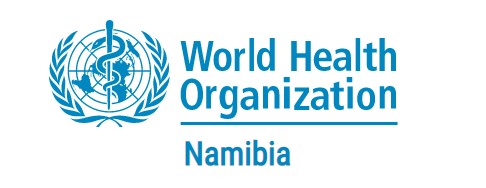Unless our public health policy, programmes and systems integrate gender, equity, and human rights, realizing the vision of sustainable development goals will be far-fetched. Gender equality must be addressed in its own right and as a catalyst of progress across the SDGs. Echoing the vision of the 2030 Agenda for Sustainable Development and Sustainable Development Goals (SDGs), the World Health Organization’s (WHO) 13th General Programme of Work (GPW 13) and Investment Case for 2019-2013 commits to closing access gaps, enhance participation and resilience, while empowering individuals and communities with equity, gender and rights-based (GER) approaches being central tenets.
WHO Namibia with support from the WHO Regional Office for Africa, held a training workshop for its staff, Ministry of Health, and Social Services and partners, to help with designing programmes that address specific gender and strategic needs while dismantling underlying social norms and structures that drive health inequalities.
The overall aim of the training was to develop capacity country participants for effective integration of integration of GER into Health Programmes. The workshop further aimed to:
Increase awareness on gender, equity and human rights (GER) Sensitize country teams on general concepts and WHO approach to GER integration in health Build skills to conduct gender, equity and human rights analysis Enhance capacity to apply available WHO tools for effective integration of GER into health programmes Develop gender-responsive, equity focused and human rights-based actions for integrating gender, equity and rights into health programmes and systems WHO Officer-in-Charge, Dr Mary Brantuo, said that gender equality is a human right issue and an important social determinant of health, although often neglected in health systems, health policy planning and implementation. She further said that COVID-19 has shown us why it is crucial to address underlying health and social inequities. ‘There is evidence that COVID-19 increased burden of household case, violence against women, disruption of education of boys and girls’. In Namibia, a recent study by UNESCO (June 2023) reveals that the outbreak of COVID between 2020-2021 impacted adolescent girls negatively, increasing their vulnerability to gender-based violence especially following the closure of schools during the lockdowns. In 2020 MOHSS-DHIS reported that 19 percent of annual birth-rates are by females under the age of 19 years with the most affected being from rural areas.
Several themes emerged from the three-day workshop, recommending a concerted approach from WHO and partners to promote and transform institutional and programmatic mechanisms to deliver on gender equality and women empowerment and equity commitments on health. Other issues for consideration were:
Promoting and investing in robust data, at all levels to enable gender analysis into the differential health situations for women, men, girls, and boys, including marginalized groups and communities Ensuring adequate and dedicated funding to support partners programming to address gender-related inequities in health Ensuring sustained capacity strengthening, including of senior level personnel with decision making responsibility and authority on need for GER lens in health programming and investments. Establishing institutional mechanisms to support gender-sensitive work and hold programmes accountable for gender action plans. Taking deliberate actions to promote and ensure the inclusion of women, youth, and representatives of marginalized populations to incorporate their priorities in health programmes.
WHO Namibia intends to ensure that integration of GER in the next programme cycle is prioritized in all its programmes working closely with MOHSS and other partners.
Distributed by APO Group on behalf of World Health Organization (WHO) – Namibia.
